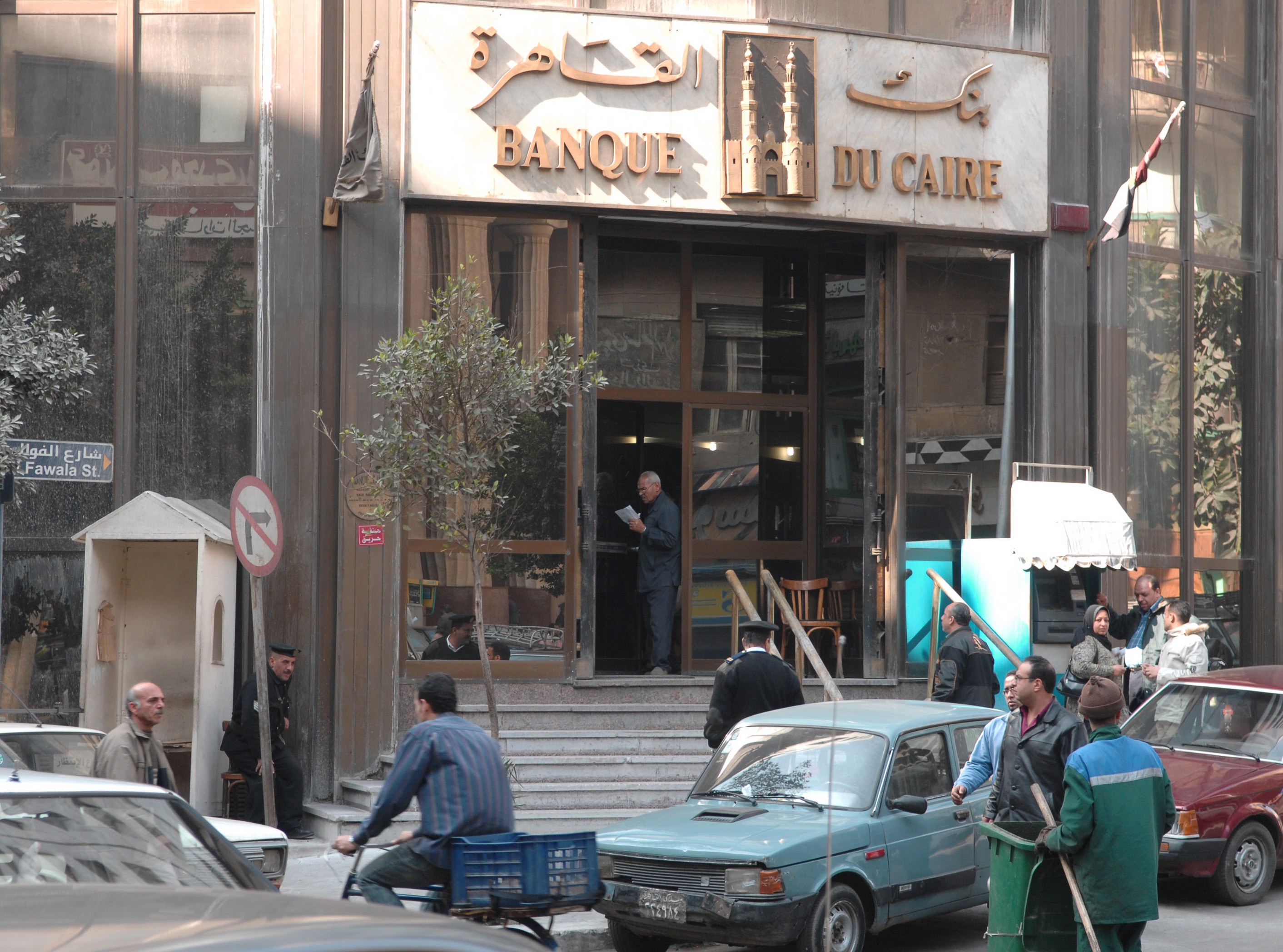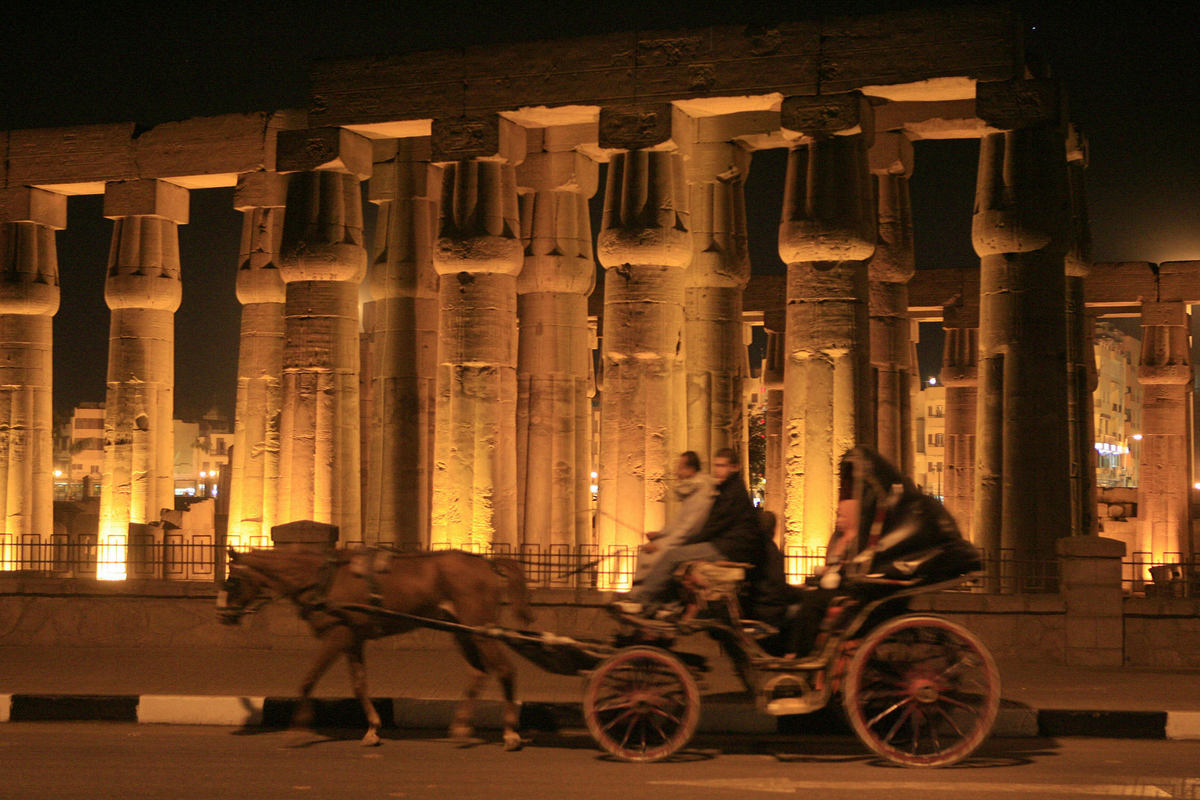Egyptian Prime Minister Mostafa Madbouly participated in the opening session of the first international forum of the New Development Bank (NDB) in Egypt on Tuesday, under the auspices of President Abdel Fattah Al-Sisi.
The two-day event, held in the New Administrative Capital under the slogan “Exploring New Horizons,” brought together a high-level delegation from the bank, led by its president, Dilma Rousseff, along with ministers, ambassadors, parliamentarians, and representatives from international bodies, development partners, and the private sector.
In his opening remarks, Prime Minister Madbouly expressed pride in Egypt being chosen as the first member state to host this significant forum. He underscored the event’s importance in presenting Egypt’s development initiatives, progress in community development, poverty reduction, infrastructure construction, and efforts to support the private sector.
Madbouly highlighted the forum as an opportunity to discuss South-South economic partnerships, particularly the “BRICS+” group, and their role in achieving national development goals.
He emphasised the importance of the NDB in supporting member states’ development plans amidst regional and international economic challenges, noting the decline in available financing and the inadequacies of the current international financial system.
Addressing the global financial structure, Madbouly called for concerted efforts to reform governance systems and create a more equitable international environment for emerging and developing economies. He expressed hope that the NDB’s future plans would stimulate local currency transactions and leverage innovative mechanisms, guarantees, and technical support.
Madbouly outlined Egypt’s recent efforts to tackle global crises, including deep economic reforms aimed at reducing inflation, lowering the debt-to-GDP ratio, and supporting the economy by diversifying production, increasing exports, and rationalising imports. These measures have contributed to a positive shift in Egypt’s sovereign credit rating outlook.
The Prime Minister reiterated Egypt’s open approach to global financial institutions, emphasising that its strategic orientation towards the BRICS group and the NDB aims to reform the existing system rather than confront it. He stressed that the NDB’s establishment was necessary to address current financial shortcomings and facilitate access to fair financing standards.
Madbouly also discussed the potential benefits of expanding the BRICS group’s membership, which includes countries with significant sovereign funds and major energy producers, to enhance the NDB’s financing capabilities and operations in the Middle East, North Africa, and Southeast Asia. He mentioned the critical role of new members in global food security.
During the forum, a documentary film highlighted the NDB’s contributions to development efforts among member states. Dilma Rousseff, in her speech, thanked the Egyptian government for organising the forum and emphasised the importance of strengthening the economic and development capabilities of member states, combating poverty, and enhancing resilience to global shocks.
Rousseff stressed the importance of strengthening the economic and development capabilities of member states, combating poverty, and increasing the ability to face global shocks, noting that the member states have many capabilities that must be invested.
She said, “The BRICS countries have great development capabilities and participation and cooperation between these countries increase their capabilities and support their plans, as they contribute to doubling trade movement and achieving benefits, especially for emerging economies.”
Dilma Rousseff noted that the mechanisms followed by the bank help countries solve the problems they face, adding, “The road is still difficult, but we continue to follow the approach of participation until the desired goals are achieved.”
Rousseff pointed to Egypt’s important role in the global economy, given its distinguished location and its status as a gateway to the continents of Africa and Asia, stressing the bank’s strong support for it during the coming period.
She also touched on the importance of the Suez Canal and the capabilities and advantages it offers for trade, explaining that Egypt is one of the most industrial countries in Africa and enjoys the presence of skilled labour and that with the expansion of the Suez Canal and the economic zone, it will witness development and attract more investments, especially for the industrial sector, stressing that Egypt’s cooperation with the BRICS countries will be effective.
She added, “The government’s completion of the construction of the New Administrative Capital demonstrates its ability to develop, and Egypt has a comprehensive vision for development and transforming it into an economy capable of competition,” stressing that the partnership between Egypt and the bank will support Egypt’s development plans and achieve prosperity for the Egyptian people, saying, “Our priorities are based on the priorities of the member states.”
She concluded her speech by stressing that the bank is honoured to support Egypt in implementing its development vision, which is sponsored by the Egyptian leadership and is in line with the bank’s goals, in the projects that the government prioritises on its agenda in the national targeted sectors, saying, “With participation, we are able together to achieve a more integrated and developed future.”
Mohamed Maait, Egypt’s Minister of Finance, reviewed indicators of the new general budget, highlighting the government’s commitment to development goals across various sectors.
Rania Al-Mashat, the Minister of International Cooperation, underscored the forum’s significance in bolstering Egypt’s development plans and exploring new avenues for economic cooperation. She highlighted the potential of the NDB to foster innovative mechanisms to strengthen the economies of its members.
The forum continued with further discussions and presentations focused on deepening cooperation between Egypt and the NDB, particularly in supporting Egypt’s development priorities and contributing to the broader goals of economic prosperity and resilience within the member states.


